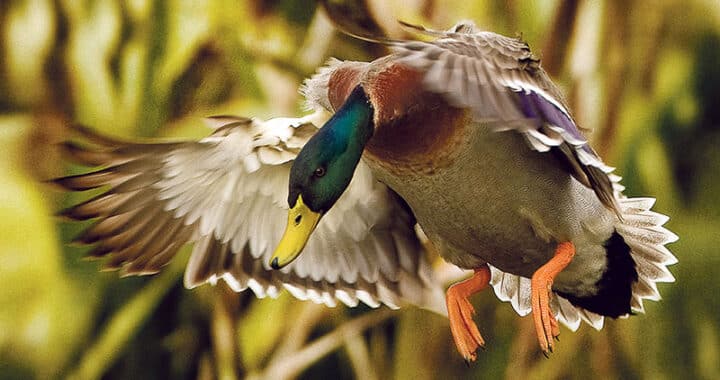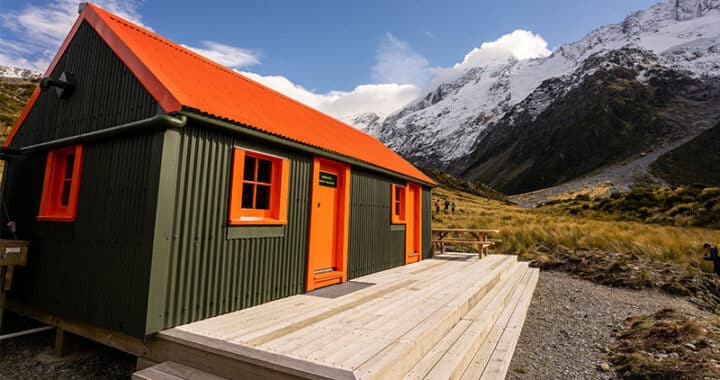Hunters advised not to release deer into new areas
1 min read
Sika deer from the Central North Island, in particular, pose a threat of infecting others if they are released in TB free areas. Photo: Rob Suisted | naturespic.com
Ahead of the hunting season, OSPRI and farmers are asking hunters to think again before releasing and relocating deer into new areas.
Deer hunters can unintentionally spread bovine TB by moving/releasing deer from one area to another area, says OSPRI.
Over the years, OSPRI says they have worked hard to eradicate TB in possums from large areas of New Zealand. This work can all be undone by the reintroduction of TB-infected deer with the potential of spillback of infection into the possum population.
Waikato farmer Leith Chick says Sika deer from the Central North Island, in particular, pose a threat of infecting others if they are released in TB free areas.
“Farmers who are getting deer released onto their land should be aware that they are exposing themselves to the risk of bringing TB to their farm,” said Chick.
“Ultimately, this also impacts the deer hunter because if TB is found in wildlife in the region any control measures taken may interrupt any existing hunting in that area.”
OSPRI added, “Relocation and releasing of deer also have an adverse impact on the environment. New populations of deer, or species of deer to an area, create long-term damage to that environment that can be irreversible. It is well known that deer browsing can damage native forests by feeding on forest plants, trees and seedlings.
“Please think twice before releasing animals into the environment.”
For more information, click here.



